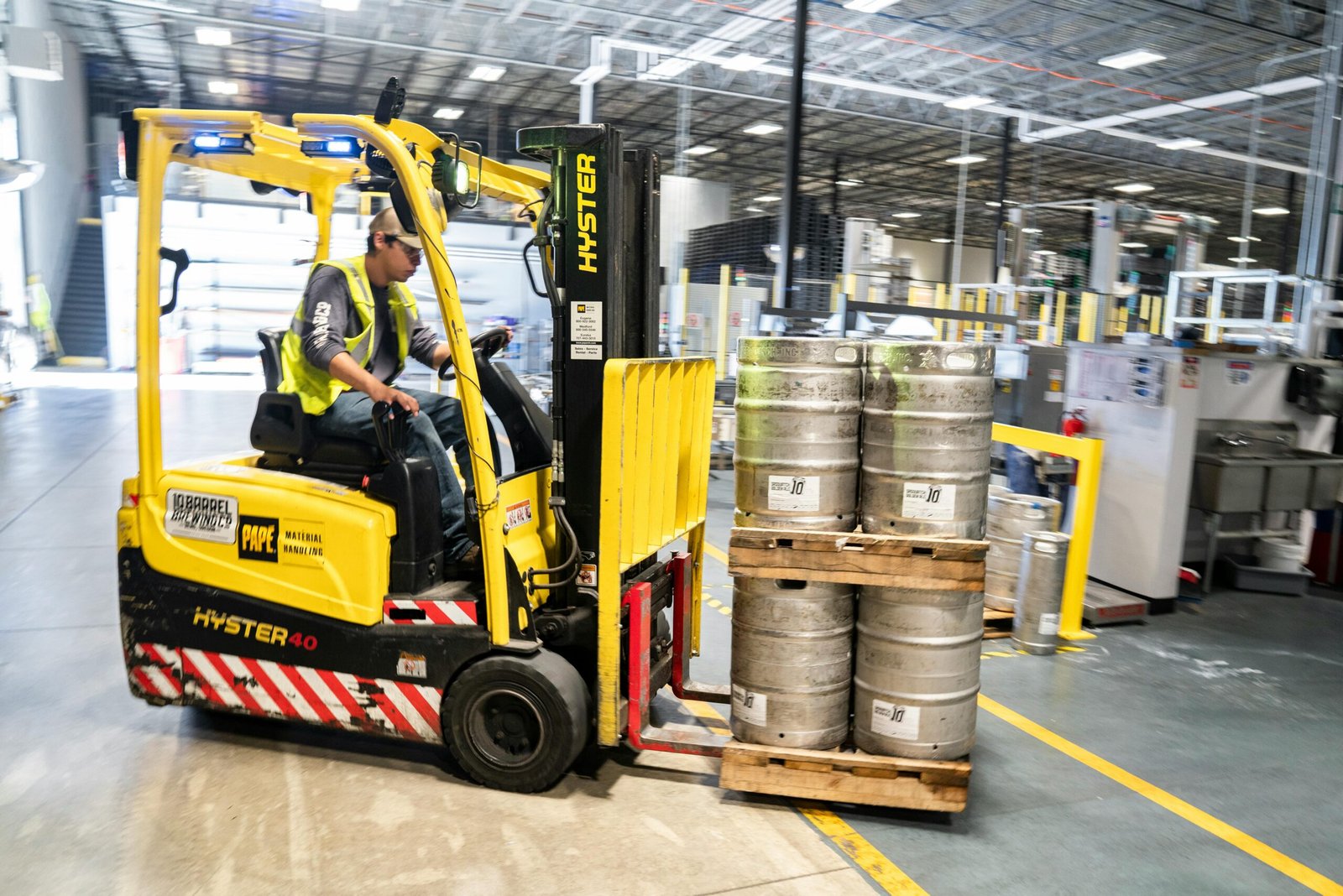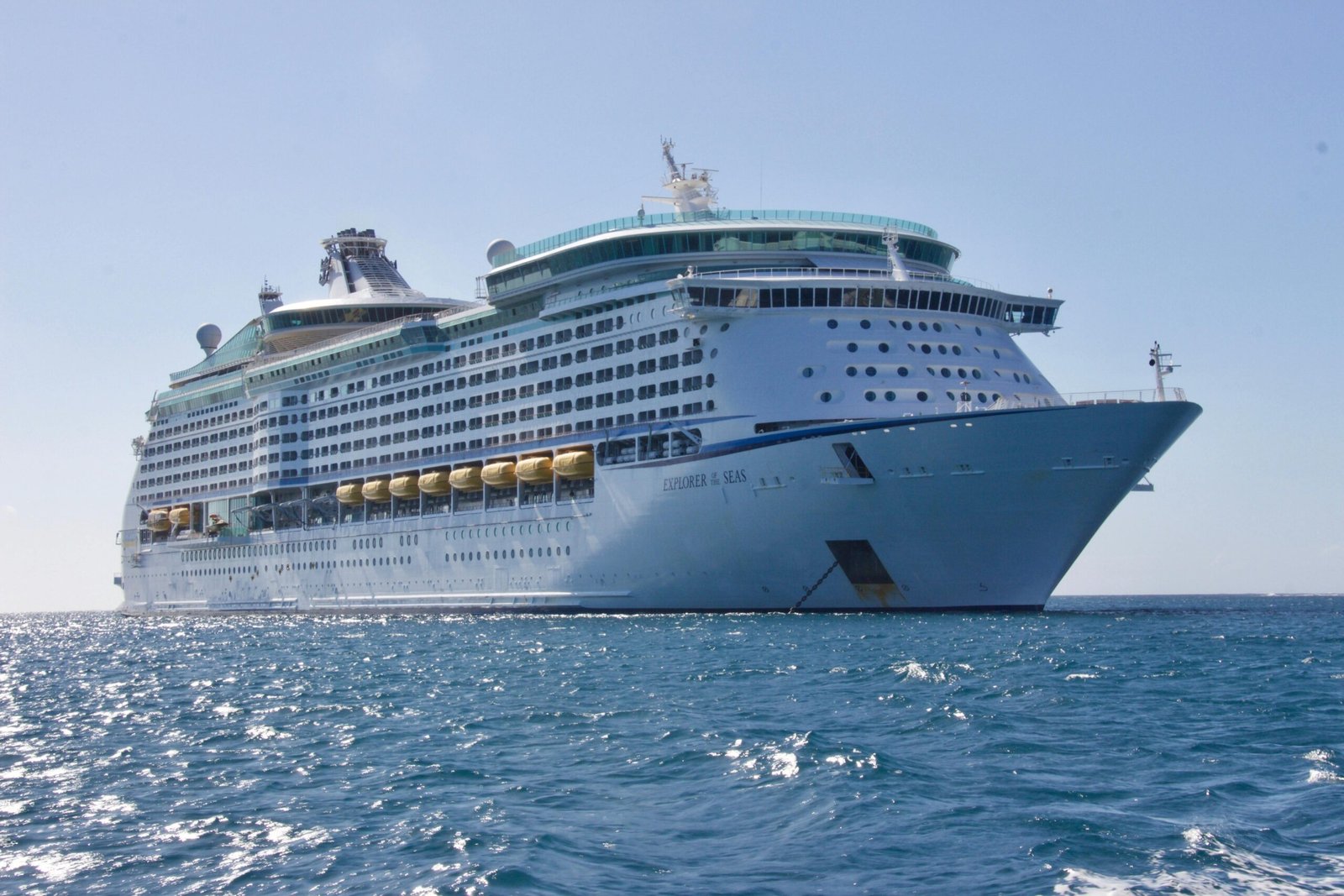
Proving the Power of Safer Storage
Real-world deployments where Genezen batteries deliver resilience, compliance, and cost savings.
From telecom towers in harsh climates to community microgrids and urban hospitals, our case studies demonstrate how Genezen turns safety and reliability into measurable impact.
Every Genezen system in the field tells a story: of replacing diesel in off-grid villages, keeping data secure during outages, or enabling storage where fire codes restrict other chemistries. These case studies highlight technology like ours in action across diverse markets, each reinforcing our mission to make energy safer, more accessible, and more sustainable.

Vodafone and Crossflow Energy have been piloting self‑powered mobile towers in rural UK using a combination of wind turbines, solar arrays, and battery storage. Eliminating grid reliance and reducing reliance on diesel. These “Eco‑Towers” support Vodafone’s net‑zero 2027 strategy.

In the Democratic Republic of Congo, Bboxx partnered with Goshop and Vodafone to deploy hybrid mini-grid systems powered by solar, batteries, and PAYG platforms. Servicing both telecom infrastructure and local communities.

A telecom tower case study in Bangladesh (2021) showed that PV/diesel/battery hybrids reduced CO₂ emissions by ~60%. Similarly, remote communities in Northern Canada (2024) saw fuel consumption reductions of 70–90% using hybrid systems.

A study on a Pretoria-based mobile base station found solar/battery systems delivered up to 60% cost savings (NPC and LCOE) and 80% operating cost reduction when compared with conventional diesel-only setups.

Industry reporting highlights that over 1.5 million off-grid or weak-grid telecom towers globally are shifting to hybrid renewable systems (wind, solar, battery), for improved reliability and sustainability.

Gel batteries, VRLA types using silica to immobilize the electrolyte. Stand out for their spill-proof operation, minimal maintenance, and vibration resistance, making them especially suitable for indoor and warehouse forklift applications. They outperform flooded lead-acid batteries on safety and lifespan.

Modern marine battery design emphasizes robustness under vibration, moisture, and corrosive environments. A review of marine energy storage systems highlights the need for heavy-duty construction and fire-safe design, key for onboard safety.

Extreme cold can damage conventional batteries irreversibly, shortening cycle life—pointing to the need for chemistries that can endure sub-zero without special management.